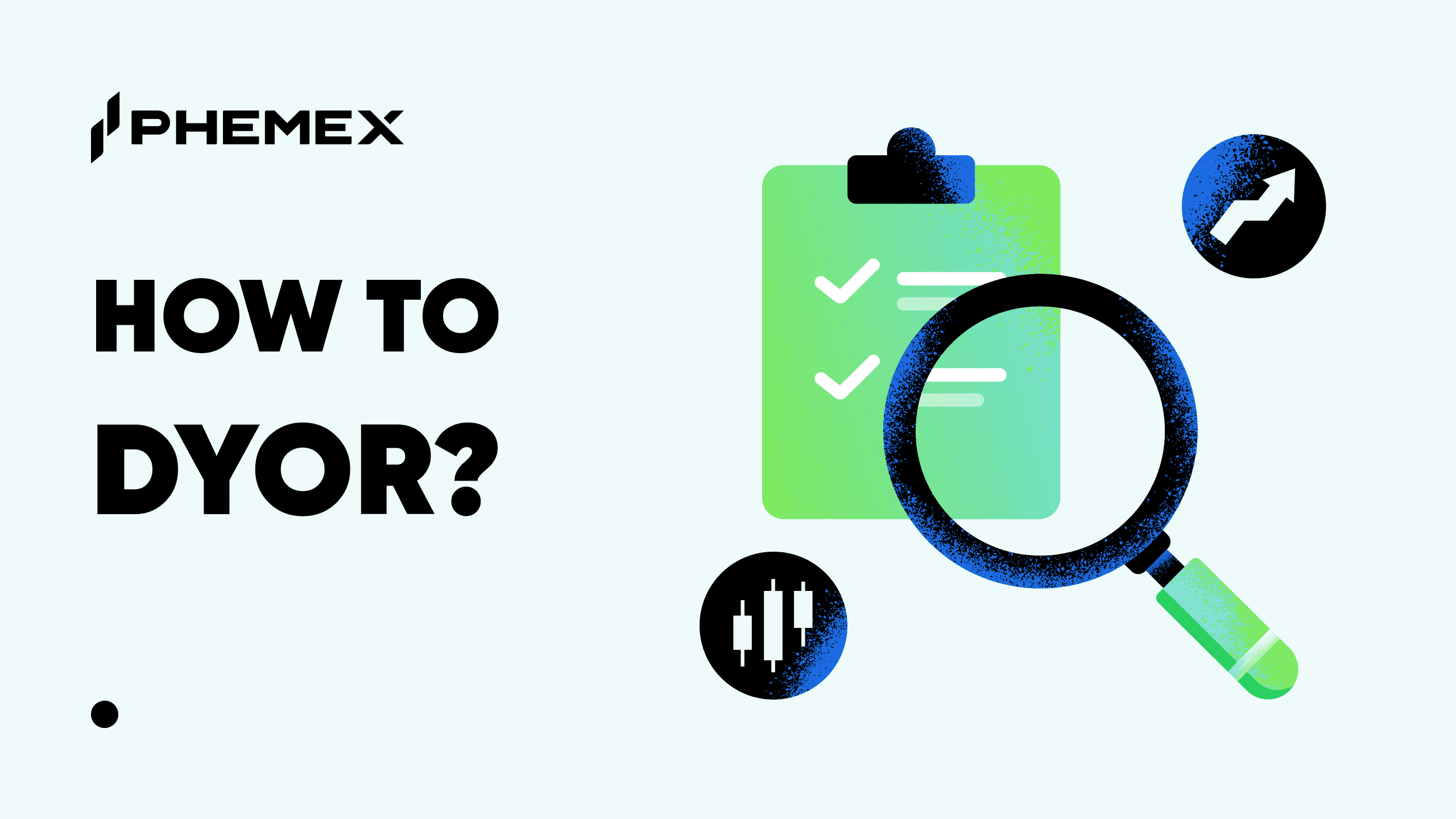What is a Transaction Fee?
A transaction fee in the cryptocurrency world is an amount paid whenever individuals engage in buying or selling cryptocurrencies, or when they transfer a certain amount of cryptocurrency from one wallet or exchange to another. These fees are incurred for various actions conducted on a blockchain. Such actions can range from basic tasks like sending cryptocurrencies or digital assets to another person, to more complex operations like using a Decentralized Application (DApp) to execute intricate programs, such as taking out a loan. Generally, transaction fees are paid using the native crypto asset of the blockchain being used. For instance, fees on the Bitcoin blockchain are paid in Bitcoin, while those on the Ethereum network are paid in Ethereum. The complexity of the action typically dictates the fee amount, with simpler tasks attracting smaller fees and more complex ones incurring higher charges. Furthermore, transaction fees may vary across different blockchains for similar actions.
How Does Transactions Fee Work?
Transaction fees are incurred for various activities carried out on a blockchain. These activities typically fall into two broad categories:
Adding Data to the Blockchain: This includes any action that involves recording or updating data on the blockchain. Blockchains that focus primarily on cryptocurrency transactions, like Bitcoin, mainly derive their transaction fees from this category. For a detailed understanding of how Bitcoin transactions function, refer to specific articles on the subject.
Computational Effort Performed by the Blockchain: Blockchains equipped with general-purpose smart contract capabilities calculate transaction fees based on both data addition and computational effort. Ethereum, being the most prominent example of a general smart contract blockchain, uses this approach. Transactions on Ethereum are quantified in terms of 'gas', which measures computational effort. For example, a simple transaction like transferring ETH from one address to another might use around 20,000 gas units. More complex transactions, involving multiple smart contracts, could require 100,000 gas units or more. Detailed explanations of Ethereum gas and the calculation of transactions can be found in specialized articles on the topic.
The Different Types of Transaction Fees in Crypto
In the realm of cryptocurrency transactions, several types of fees are commonly encountered:
Processing Fees: These are incurred when purchasing cryptocurrency using a credit card. A breakdown of these fees is typically provided before finalizing the transaction.
On-Ramp and Off-Ramp Fees: These fees are associated with transferring funds between a bank account and a crypto exchange. They are often referred to as on-ramp or off-ramp fees, highlighting the exchange's role as a gateway for moving fiat currency into and out of the crypto ecosystem.
Trading Fees: After depositing money into an exchange, fees are charged for both buying and selling crypto using fiat currencies. For instance, converting Bitcoin to USD might involve a fee that's a percentage of the total transaction amount. This percentage varies across different exchanges, ranging from a fraction of a percent to several percentage points. These costs can accumulate, especially in large transactions. Trading fees are also applicable in crypto-to-crypto transactions, typically being lower than crypto-to-fiat trading fees.
Withdrawal Fees: Exchanges may impose significant fees for withdrawing cryptocurrencies to a wallet. This is a critical factor for users, as there are limited alternatives for transferring crypto out of an exchange. It's advisable to review the withdrawal fees before registering on a cryptocurrency exchange and making deposits.
In essence, crypto transaction fees are the charges a user must pay when transferring funds to an exchange to purchase crypto or when conducting cryptocurrency transactions. The amount and nature of these charges depend on the specific network and exchange involved.
How to Calculate Cryptocurrency Fee?
The calculation of cryptocurrency transaction fees varies depending on the specific network. Different cryptocurrencies like Bitcoin, Ethereum, Litecoin, and Dash each have their own fee structures.
Ether Transaction Fees
On the Ethereum network, transaction fees are measured in terms of 'gas', which essentially gauges the computational complexity of a transaction. To carry out a transaction or execute a smart contract on Ethereum, users need to pay a gas fee. Interestingly, the fee for each transaction is somewhat flexible, as it depends on what users are prepared to pay. This introduces a competitive element, with users often outbidding each other to have their transactions processed more quickly. Miners, who validate transactions, naturally give priority to those with higher fees.
Websites like Gasnow.org provide estimates of the cost of various cryptocurrency transfers, taking into account the desired speed of transaction validation and processing.
This dynamic pricing model becomes particularly relevant in scenarios involving a high volume of transactions. For those transferring substantial amounts, paying a comparatively small but higher fee to expedite the transaction makes sense. Conversely, for smaller transactions, outbidding may not be necessary, though it might result in slower processing times.
How to Reduce Bitcoin Fees?
Reducing fees in cryptocurrency transactions involves several strategies:
Understand Exchange Fee Structures
Before engaging with exchanges like Coinbase, Binance, Bitstamp, or Kraken, it's crucial to familiarize yourself with their fee structures. This information is often available in the customer support sections of their websites. Be particularly cautious about withdrawal fees, which can be unexpectedly high when moving your crypto off the platform.
Test Exchanges with Small Amounts
Before committing large sums to an exchange, try conducting small-scale buying, trading, exchanging, and withdrawing activities. This helps you understand their fee system, including any hidden charges. Remember that fee structures can be tiered, with larger transactions often incurring higher fees and possible withdrawal limits.
Look for Low-Fee Exchanges or Fee Discounts
Some exchanges offer low trading fees or discounts on trading fees, similar to loyalty rewards. However, weigh these benefits against any potential high withdrawal fees.
Prefer Crypto-to-Crypto Trades
Transactions involving crypto-to-crypto exchanges tend to be cheaper than those converting crypto to fiat currencies. For instance, converting crypto to a stablecoin like USDC or GUSD can be a cost-effective way to manage volatility.
Transact During Low Network Congestion
Transaction fees are lower when network congestion is minimal. Tools are available to estimate fees for Bitcoin and Ethereum, with weekends generally offering lower fees.
Assess Transaction Urgency
Some wallets, like Zengo, let you choose the urgency of your transactions. Opting for a less urgent transaction can reduce fees.
Time Transactions Strategically
Cryptocurrency usage peaks during certain times, particularly in U.S. time zones. Timing your transactions during off-peak hours, like weekends, can result in lower fees.
Compare Service Providers
Different exchanges and service providers have varying fee structures. Utilizing websites or apps that compare fees across multiple platforms can help in finding the most cost-effective options.
Use the Lightning Network
For Bitcoin transactions, the Lightning Network offers faster processing times and lower fees, particularly beneficial for small payments.
Consider Different Cryptocurrencies
Different cryptocurrencies have varying transaction fees. For instance, Bitcoin Cash and Litecoin typically have lower fees compared to Bitcoin and Ethereum. Balancing low fees with the utility of the cryptocurrency is key.
Read More
- What are Crypto Transaction Fees and How they Work
- Why Fees and Transaction Costs Matter?
- Crypto Trading Fees in 2024
- What is Ethereum Gas and How Does It Work?
- What is Cryptocurrency & How does it Work?
- What is Bitcoin Transaction: Components, Verification and Privacy
- What is Cryptocurrency & How It Differs From Digital Cash
- A Closer Look at EIP 1559: Transforming Ethereum







